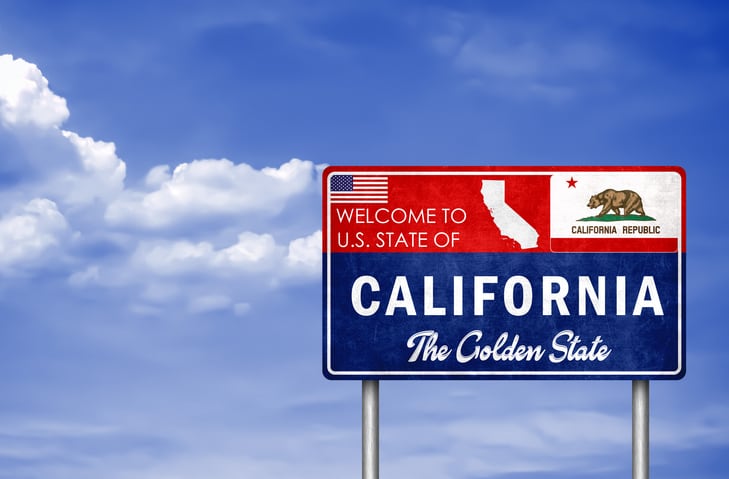The new tax was voted through by residents in November, with a two cent per fluid ounce excise tax on the distribution of sweetened beverage products.
But last week, a coalition of beverage distributors, grocers, retailers and restaurant owners have filed a lawsuit in Sacramento County Superior Court: seeking to halt the soda tax.
What’s going on?
Santa Cruz: Special status
The City of Santa Cruz wants to fight a rise in diabetes and other health problems linked to sugar consumption. It estimates that the tax could generate up to $1.3 million in additional general revenue in the first full year. These funds could be used to maintain parks, support youth programs, boost active recreation programs and support community health and wellness organizations.
Known also as ‘Measure Z’, the levy applies to any non-alcoholic beverages with added caloric sweeteners and that comes in with 40 or more calories per 12 fluid ounces: covering drinks such as soda, sports drinks, energy drinks and RTD tea and coffee.
The tax follows in the footsteps of four other California cities: Berkeley, Oakland, San Francisco and Albany.
But momentum across California to introduce soda taxes can to an abrupt halt with the introduction of the 2018 Keep Groceries Affordable Act (the aforementioned cities having introduced their levies prior to 2018).
This Act prohibited any new local taxes on grocery store items across the state.
But under California’s constitution, charter cities (including Santa Cruz) enjoy more flexibility than others under state laws. That includes the constitutionally protected authority to govern their own affairs by levying taxes. And that was emphasized in 2023 when an appellate court ruling affirmed that the state cannot penalize charter cities for managing municipal affairs.
Santa Cruz pushed forward and put the measure on the ballot in November last year, when it was voted through.
Now, that’s going to be put to the test.
What’s the purpose of the tax?
In a lawsuit filed at the end of last month, a coalition of grocery and beverage companies and organizations are challenging this interpretation. They argue that the primary purpose of the soda tax is not to raise revenue for the city, but to discourage consumption.
The lawsuit also argues that, because the high cost of groceries is a matter of statewide concern, Santa Cruz does not have the power to enact the soda tax.
“Convenience stores are often the last line of access to affordable food, fuel, and beverages – especially in underserved communities,” Elizabeth Graham, CEO of California Fuels and Convenience Alliance, told us.
“This illegal beverage tax in Santa Cruz not only threatens our members’ ability to operate sustainably, it also punishes working families who are already struggling with rising costs. We are proud to join this legal challenge to overturn this harmful tax, which undermines state law and places an unfair burden on both small businesses and consumers.”
But proponents of the soda tax say that ‘big soda is, once again, grasping at straws’.
“Let’s remember how we got here. Back in 2018, stung by multiple losses at the ballot box, this self-serving industry secretly cut a deal that put a 12-year moratorium on sugary drink taxes, aiming to take away the ability of California cities and citizens to raise revenue for important community priorities and to help fight heart disease, stroke and Type 2 diabetes," said Nancy Brown, CEO of the American Heart Association, sent us in a statement.
“In 2023, the courts wisely found the penalty provision of the moratorium unconstitutional. Santa Cruz voters stood up for health and passed a sugary drink tax in November, but the beverage industry still won’t accept the will of the people.”
Landmark ruling?
“If Santa Cruz prevails and the court finds that AB 1838 is unconstitutional, other charter cities will also be able to move forward to exercise their home rule authority to enact local sugary drink taxes,” commented Sabrina Adler, JD, vice president of law at ChangeLab Solutions, a non-partisan non-profit organization that uses the tools of law and policy to advance health equity.
The case, therefore, will be closely watched by other charter cities in Santa Cruz: as well as the beverage industry and consumers.

